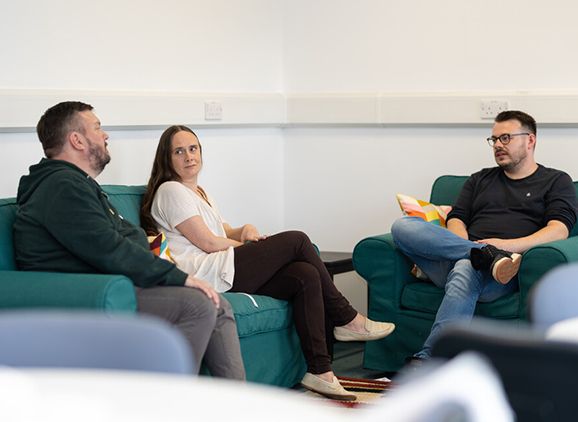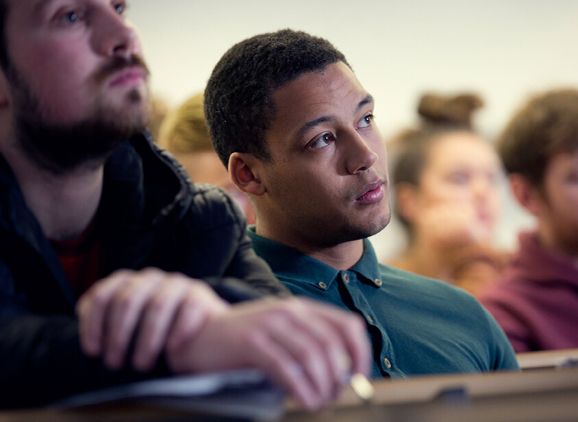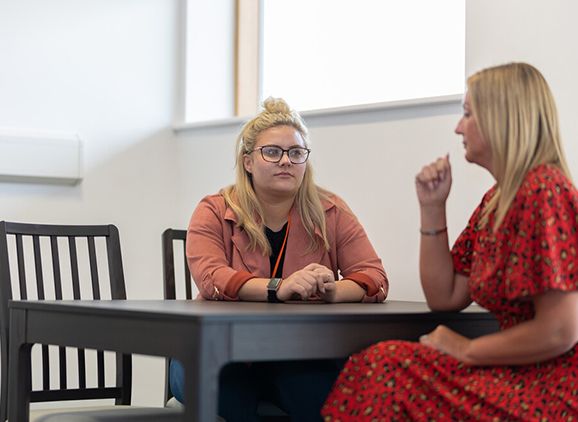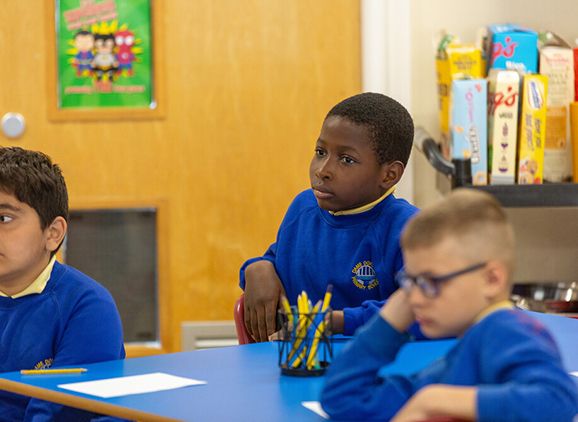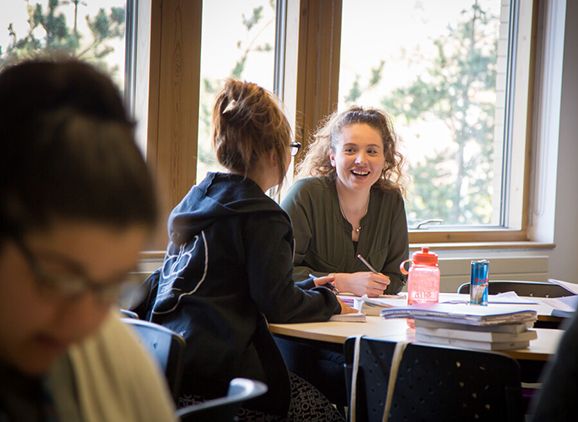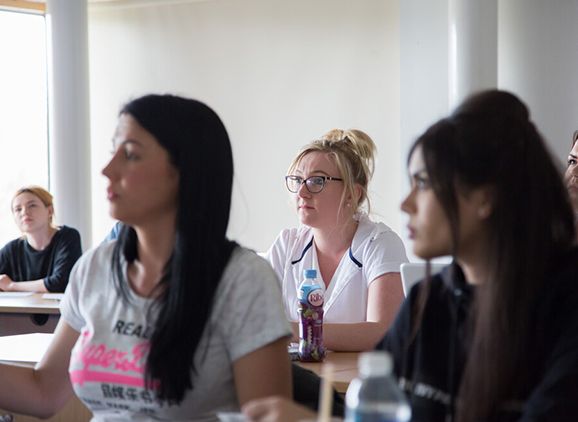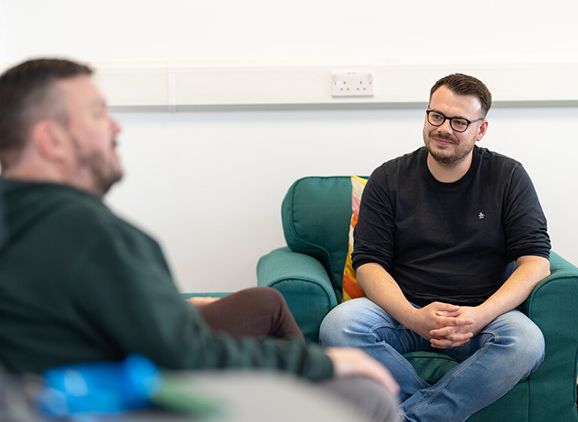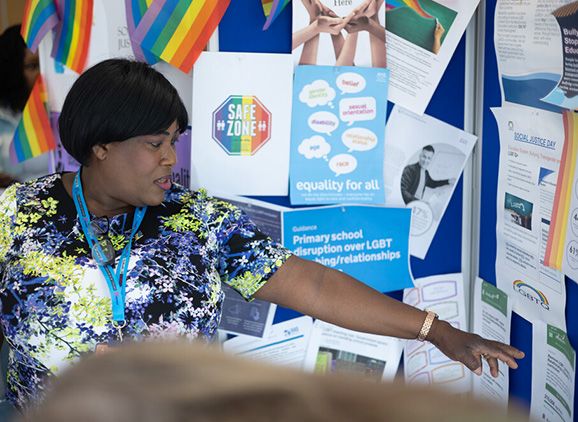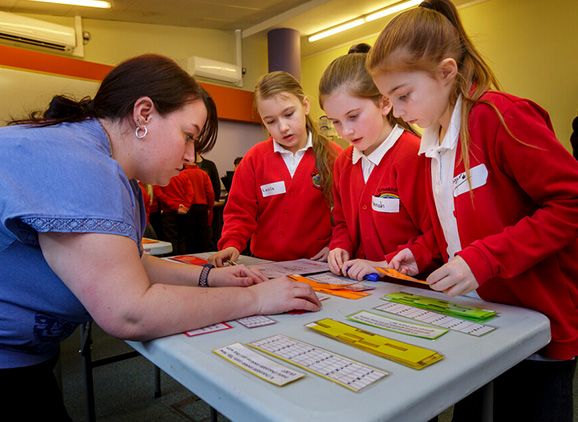Social Sciences
Think differently about the world you live in. Explore global and local issues. Gain experience in relevant organisations. Graduate equipped to help change society for the better with a social science degree.
Welcome to Social Sciences
Social Sciences help us understand and contribute to our complex society. Our Social Science courses will enable you to develop skills in critical thinking, communication and teamwork that will help you make a difference in changing society for the better.
You can also boost your employability further by utilising the strong partnerships we have with employers, voluntary organisations, local authorities and hospitals, providing you with the opportunity to further your learning in an environment that allows you to make a real difference.
Several of our social science degrees have been designed with Continuing Professional Development (CPD) in mind and some also have professional accreditation. They are particularly relevant if you work in the field of health and social care or work with children, young people, families and the elderly, and want to update your skills for the new multidisciplinary and interagency working practices.
Our location
Our Social Sciences students are based in Wearside View, a recently refurbished building with bright and modern classrooms and a brand new social space, complete with a balcony for warmer weather.
Wearside View is located at the Sir Tom Cowie Campus at St Peter's, which benefits from a scenic riverside location and is just a stone's throw away from Sunderland city centre and the beach. You'll have access to a wide range of fantastic facilities at St Peter's, including library services, a host of IT resources, and plenty of places to eat and drink.
What are Social Sciences?
In its broadest sense, Social Science focuses on the scientific study of human society and social relationships amongst individuals. It explores the interaction between these individuals to understand the influence of human behaviour on the world around us and how we're constantly evolving.
Social Sciences aren't to be confused with the Natural Sciences, which focus on examining the aspects of the physical world. They comprise a wide range of academic disciplines, covering subjects such as sociology, economics, linguistics, psychology, and politics to name a few.
It's an important area of study, as examining human behaviour allows us to develop our social, cultural and political awareness.
Why us?
Our Social Sciences courses
Take a look below to find the right course for you.

